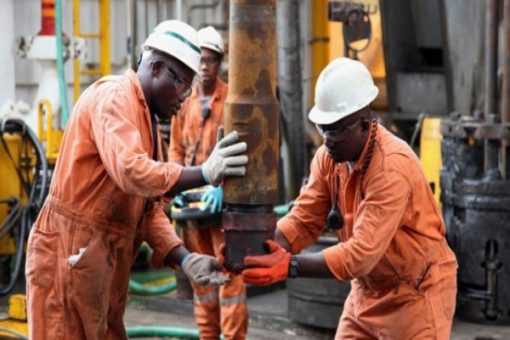Brazil’s state-owned oil giant, Petrobras, is making a significant move to re-enter Nigeria’s petroleum sector, focusing on acquiring frontier deepwater acreage. This development comes after the company previously exited Nigeria in 2020, selling off its assets for $1.5 billion. The Brazilian oil major’s renewed interest in Nigeria’s oil sector is seen as a vote of confidence in the country’s economic reforms under President Bola Ahmed Tinubu’s administration.
According to Vice President Kashim Shettima, Petrobras’ interest in Nigeria’s oil sector aligns with the government’s strategy to attract global investment and strengthen international ties. The company is expected to form part of the Brazilian delegation to Nigeria for the second session of the Nigeria-Brazil Strategic Dialogue Mechanism (SDM), scheduled for June 2025.
Nigeria-Brazil Strategic Dialogue Mechanism
The SDM is a platform for both countries to discuss and strengthen their bilateral relations in various sectors, including energy, agriculture, culture, and health. The upcoming dialogue is expected to provide an opportunity for Nigeria and Brazil to execute sector-specific Memoranda of Understanding (MOUs) and unlock investment flows.
At least 12 draft MOUs are currently under review, covering areas such as energy, health, culture, and agriculture. These MOUs are expected to enhance cooperation between the two countries and promote investment in key sectors. Minister of Foreign Affairs, Ambassador Yusuf Tuggar, confirmed ongoing discussions with Petrobras, noting the company’s interest in deepwater frontier acreage and ethanol blending partnerships with the Nigerian National Petroleum Company Limited (NNPCL) ¹ ².
Petrobras’ Investment Plans
Petrobras’ decision to re-enter Nigeria’s oil sector is part of its broader strategy to expand its international presence and diversify its portfolio. The company has undergone significant changes since its exit from Nigeria in 2020, including a major turnaround and a renewed focus on international expansion.
In recent years, Petrobras has invested in new exploration projects, including the acquisition of three exploration blocks in São Tomé and Príncipe. The company’s investment in Nigeria’s deepwater acreage is expected to contribute to the country’s crude oil production and economic growth.
Implications for Nigeria’s Economy
The potential investment by Petrobras in Nigeria’s oil sector is expected to have a positive impact on the country’s economy. The investment will not only create jobs but also contribute to the country’s revenue generation. Nigeria’s oil sector has been a significant contributor to the country’s economy, and the investment by Petrobras is expected to boost the sector’s performance.
The Nigerian government has been working to attract foreign investment in the oil sector, and the interest shown by Petrobras is a testament to the country’s efforts to improve its business environment. The government has also been implementing policies aimed at increasing transparency and accountability in the oil sector, which is expected to attract more investment.
Historical Ties and Cultural Cooperation
Nigeria and Brazil have historical and cultural ties, with a significant percentage of Brazilians tracing their roots to Nigeria. The two countries are expected to collaborate in areas such as film and heritage exhibitions, tied to FESTAC at 50. Minister of Art, Culture, Tourism, and Creative Economy, Hannatu Musawa, emphasized the importance of preserving and deepening the relationship between the two countries.
Agricultural Cooperation
The two countries are also expected to collaborate in the agricultural sector, with MOUs focused on research collaborations and technology transfer in soybean, cassava, and agroforestry. These initiatives are aligned with the Nigeria-Brazil Green Imperative Project, aimed at promoting sustainable agriculture and reducing poverty.
Health Sector Cooperation
In the health sector, Nigeria and Brazil are expected to collaborate in areas such as pharmaceutical research, local drug manufacturing, and medical training. Brazil’s experience in addressing tropical and subtropical diseases makes it an ideal partner for joint research and development. Professor Muhammad Pate, Minister of Health and Social Welfare, described Brazil as a model for Nigeria’s health reform agenda, citing opportunities for knowledge sharing and workforce development.
Conclusion
Petrobras’ interest in re-entering Nigeria’s oil sector is a significant development that highlights the country’s potential for foreign investment. The investment is expected to contribute to Nigeria’s economic growth and development, while also strengthening the country’s relations with Brazil. As Nigeria continues to implement policies aimed at improving its business environment, the interest shown by Petrobras is a positive sign for the country’s economic prospects.


